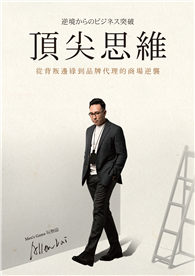Corps de ballet literally means the "body" of the ballet company, and it refers to the group of dancers who are not principals. Another large group puts together portfolios of work, often across several dance companies. These categories of dancers typically don’t have name recognition and yet comprise the majority of professional dancers today. The ways that they stitch together careers, through dedication, grit, and no small amount of skill - and the reasons they have for doing so without the promise of fame or fortune - are telling of broader trends that shape the precarious labor of professional dance, and creative careers more generally. In Passionate Work, dance hobbyist and sociologist, Ruth Horowitz captures their stories.
When creative labor is studied, it is often thought of in opposition to more conventional work, and the primary metric that distinguishes them is passion. Professional creatives are not working in the traditional sense because they are following their passion. By tracing the careers of such dancers, Horowitz troubles the binary understanding of passion and work. A career in dance requires both, and approaching her subjects through this lens allows her to explore their strategies for sustaining passion through the ups and downs of a career. Horowitz explores how dancers evaluate the rewards and challenges of a notoriously underpaid, and uncertain profession.
Horowitz considers major dimensions of a career in a performing art, documenting each stage in a dancer’s life. Above all, she shines a light on the strategies used to achieve a sense of biographical continuity in a world often marked by discontinuity and rupture.












